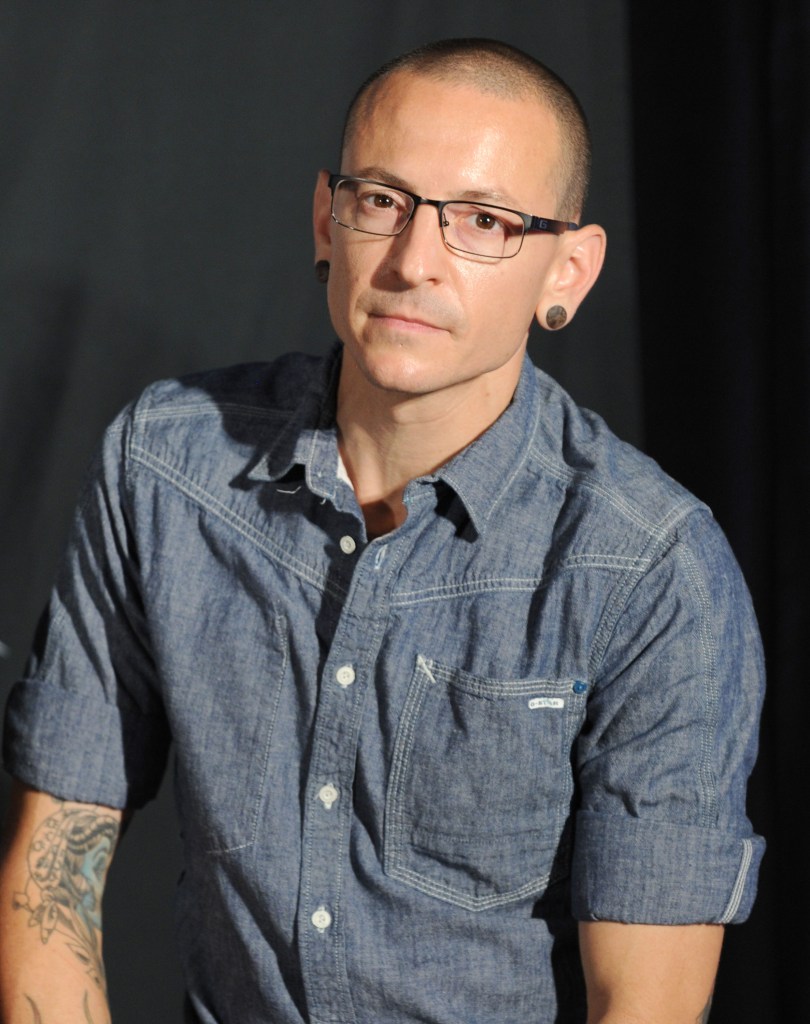
Before his tragic death by suicide in 2017, Chester Bennington of Linkin Park faced a relentless struggle with alcohol addiction, described as an “hour-by-hour battle.”
In his illuminating book “It Starts With One: The Legend and Legacy of Linkin Park,” author Jason Lipshutz paints a picture of both Bennington’s deep challenges and the band’s monumental success.
An excerpt from the text reveals that during the One More Light promotional tour, while Chester was open about his general struggles, he confided in his close circle about a particularly troubling issue: the overwhelming urge to drink had once again taken over his mind.
As the narrative unfolds, Ryan Shuck, a close friend of Bennington, recalls that Chester expressed the intensity of his battle with addiction in the months leading up to his passing. Shuck, who assisted Bennington during some of his darker times in the 2000s, communicated with him about his issues with alcoholism right before his death.
When the autopsy and toxicology reports disclosed that Chester had a small amount of alcohol in his system at the time of his death, Talinda, his widow, was not caught off guard. She recognized that the presence of beer bottles marked a relapse and told reporters that she instantly understood how that drink would evoke feelings of shame and trigger past unhealthy patterns of behavior.
Chester Bennington took his own life on July 20, 2017, at the age of 41. His bandmates expressed their sorrow in a heartfelt statement shortly after his death, saying their hearts were shattered. They grappled with the stark reality of loss while remembering how Chester’s vulnerability in his music endeared him to so many fans.
Following his passing, Linkin Park held a tribute concert in October before stepping back from the limelight. Recently, the band made a comeback by introducing Emily Armstrong from Dead Sara as the new co-vocalist and Colin Brittain as the drummer, joining Mike Shinoda, Brad Delson, Phoenix, and Joe Hahn.
If you or someone you know is struggling with the issues presented in this article, please reach out to the Suicide & Crisis Lifeline at 988 for support.




